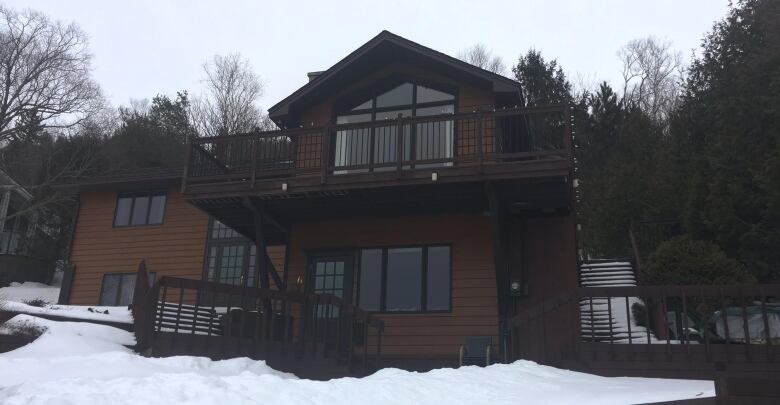Assessment 'catastrophe' could have been avoided, B.C. specialist says
'Nobody likes to see fallout like this for the industry at large,' Esri Canada director says
Service New Brunswick could have avoided the bungling of property tax bills if the department had proper checks and balances in place, says the director of assessments for Esri Canada, a British Columbia company that specializes in assessing residential properties says.
Michael Lomax said he was shocked and disappointed when he heard about the errors the New Brunswick government made during property assessment season.
"Nobody likes to see fallout like this for the industry at large," he said. "I know I could have helped them avoid this catastrophe."
A CBC News investigation showed senior provincial government assessment officials invented renovation amounts for 2,048 homeowners with large assessment increases this spring, allowing the province to evade a legal 10 per cent cap on the homes' property tax bills.
- 'It may go into fraud': Higgs says inquiry may not be enough after property tax mess
- 'I sincerely apologize to all New Brunswickers': Assessment mess prompts overhaul
Premier Brian Gallant has ordered an inquiry into the matter and said the government will turn future property assessments over to an independent agency.
Province looked for program
Lomax visited the province three years ago and discussed a proposal of a new geographic information system with Service New Brunswick. At the time, the department was looking for new technology to be able to do more work in the office.
Lomax told CBC News: New Brunswick at 6:00 host Harry Forestell he suggested a solution that would have integrated everything needed to make an accurate assessment, including aerial and street-front imagery, sketch information and building information all rolled together to give a composite view of the property.
"They decided at that point to do something different. They wanted to do something on their own, which is normal. That's not uncommon."
- 'They did it on purpose': Province accused of deliberately overcharging homeowners on property taxes
Lomax is curious to know exactly what the government did do but said if assessors were seeing that many large errors coming back, then it's an issue with many things, including analytics, workflow and approval level of what was in the system and what went out as factual.
"If things can't be perfected or validated at a desktop then they should be escalated via mobile application to the field for field verification," he said. "And tests should be done well in advance of notices hitting the street."
Lomax said there should have been a pilot project to implement and test the new system and roll it out over multiple years.
"If the application is built in a way that all the checks and balances are in place, it should work very well. It cannot work well if the checks and balances are not there and the structure of the setup is not configured properly."
Cautious approach
Insiders have said the cautious approach to implementation was abandoned and the modernization pushed from a three- year plan to a one-year plan. Many said it was a disaster from the beginning.

"The international association of assessing officers suggests if you're going to do a desktop review they are certain components that you need. My assumption is that they're missing some of those really valid components — like checks and balances, metrics, escalations to the field for field verification."
Asked if to fix this, Service New Brunswick would have to start over again. Lomax said he would suggest the department use an application that is based on industry best practices and international standards.
With files from Harry Forestell
